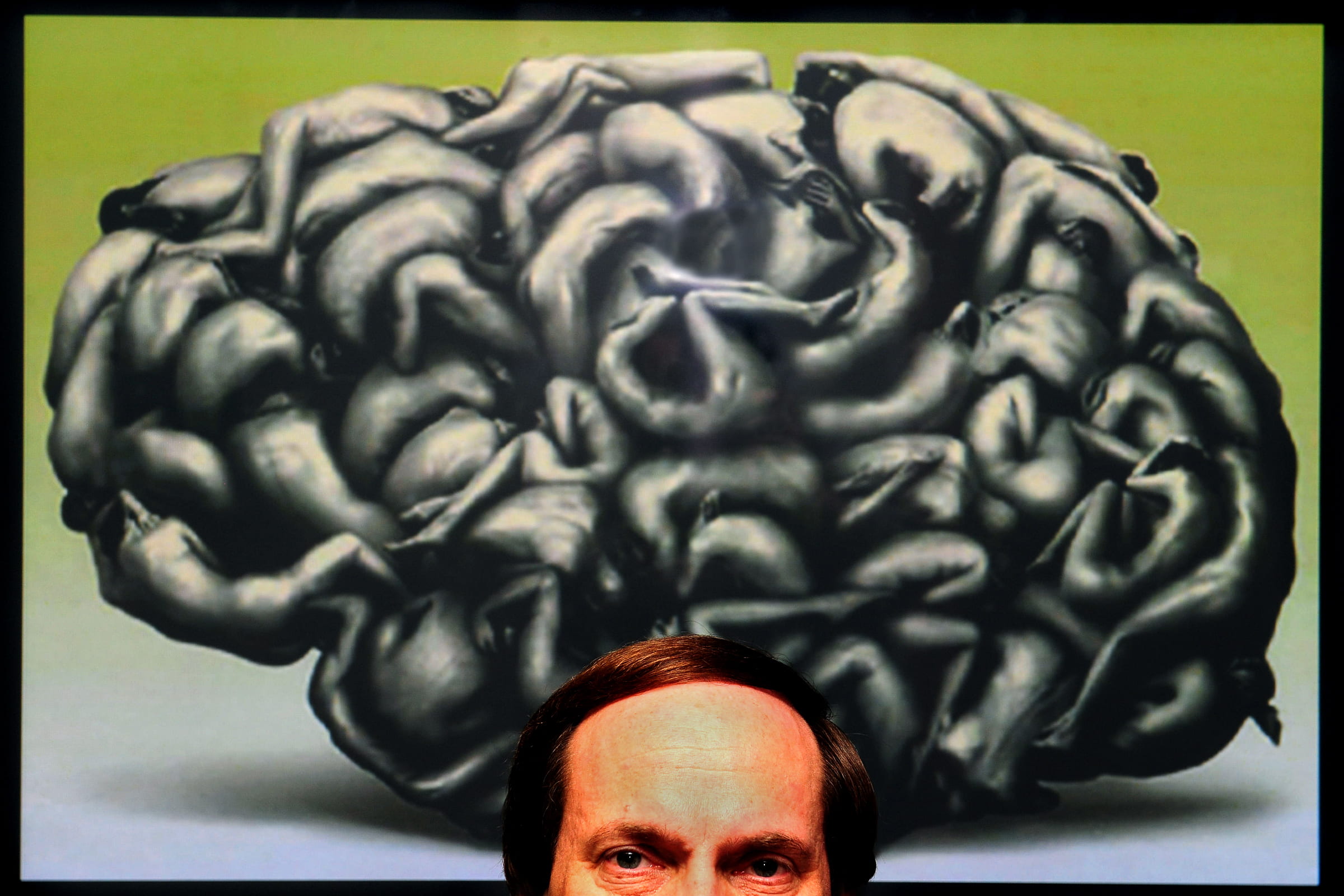The search for consciousness
As an anesthesiologist, UC Irvine’s Dr. Michael Alkire wants to tackle what many neuroscientists see as the Holy Grail of their field – the biological basis of consciousness.

As an anesthesiologist, UC Irvine’s Dr. Michael Alkire wants to tackle what many neuroscientists see as the Holy Grail of their field – the biological basis of consciousness.
Why would an anesthesiologist care about something often considered the realm of psychiatrists and neurobiologists? Because in putting us to sleep, anesthesiologists shut off consciousness, and Alkire wants to understand the effects of his work on awareness, memory formation and processing of pain signals.
The work may have impact in a number of areas, says Alkire, anesthesiology & perioperative care professor. Besides leading to better and safer anesthetic care for patients, he believes understanding the neural mechanics of consciousness can reveal clues to the causes of mental illnesses or disorders of consciousness, such as schizophrenia, autism, attention-deficit disorder and depression.
In a recent issue of Science, the nation’s leading scientific journal, Alkire co-authored an article with Wisconsin neurophysiologist Anthony Hudetz and psychiatrist-sleep researcher Dr. Giulio Tononi about how anesthesia works to eliminate consciousness.
Overall, the findings provide intriguing support for Tononi’s theory that consciousness is our brain’s way of quantifying, storing and communicating information.
“Our study suggests that consciousness may not be such a special or uniquely human property, but one that has evolved relative to the complexity of our brain and its ability to deal with the vast amounts of information it processes,” Alkire says.
Alkire and his colleagues found that primary sensory awareness likely involves a key portion of the brain known as the parietal cortex. Anesthesia seems to cause unconsciousness by blocking the brain’s ability to integrate information in the parietal cortex, thus preventing it from interacting with other important brain structures like the thalamus, hippocampus and frontal lobes. All of those structures help process sensory information.
“Consciousness is one of the last great frontiers in neuroscience, and it’s satisfying to know that the key tool of my work – anesthetics – can play a part in learning more about this fascinating aspect of human existence,” he says.